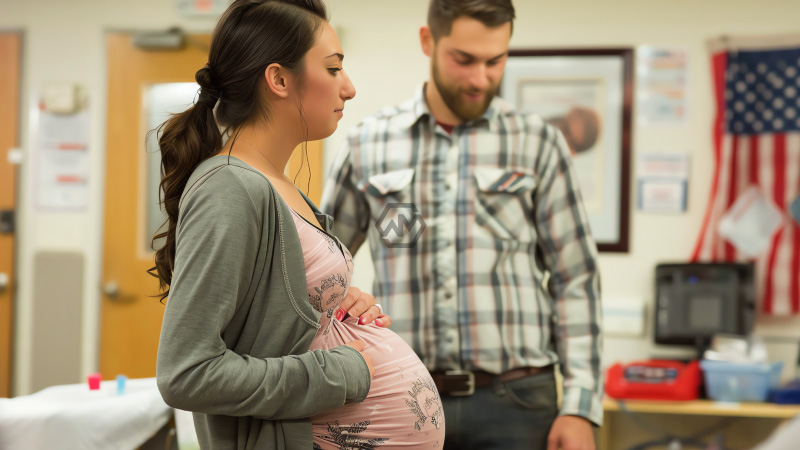- Expectant Indian mothers are requesting preterm C-sections to meet a looming citizenship deadline.
- Trump’s executive order to redefine birthright citizenship fuels anxiety over children’s legal status.
- Medical professionals warn of the risks involved in premature births, including health complications.
A rise in preterm C-section requests has emerged in the U.S. as expectant Indian parents rush to ensure their children are born before February 20, 2025, the deadline set by President Trump’s executive order.
While the urgency surrounding this deadline is understandable, medical professionals like Dr. SG Mukkala are cautioning against the practice of scheduling preterm deliveries.
Preterm C-Sections on the Rise as Citizenship Concerns Mount Among Indian Families
As President Trump’s January 20 proclamation looms, many Indian families in the U.S. are rushing to schedule preterm C-sections to secure U.S. citizenship for their babies. The policy change, which seeks to limit birthright citizenship, has created a sense of urgency among expectant mothers, many of whom are in the eighth or ninth month of pregnancy. These parents are anxious that children born after February 20 will not automatically receive citizenship if their parents are not permanent residents.
Dr. SD Rama, a New Jersey-based maternity clinic physician, has reported a significant increase in requests for early deliveries. Some couples are even pushing for preterm births when they are still a couple of months away from their actual due dates. The rising number of these requests reflects the heightened anxiety about citizenship status in light of the new policy.
Medical professionals, such as Dr. SG Mukkala, have been working to educate families on the dangers of preterm births. Preterm deliveries pose serious health risks, including respiratory problems, feeding difficulties, and developmental delays. Despite these warnings, the fear of losing citizenship rights for their children has left many families unwilling to wait for natural delivery timelines.
The situation highlights the intersection of immigration policy and health care, illustrating how legal changes can deeply affect personal decisions. While it’s clear that families want to protect their children’s future, it is essential to balance those concerns with the health implications for both mother and child.
The rush for preterm C-sections underscores the growing anxiety surrounding U.S. birthright citizenship policies. However, it’s crucial to carefully weigh citizenship concerns against potential medical risks for both the baby and the mother.
“Preterm births pose significant risks. Complications include underdeveloped lungs, feeding problems, low birth weight, neurological complications, and more.” — Dr. SG Mukkala



